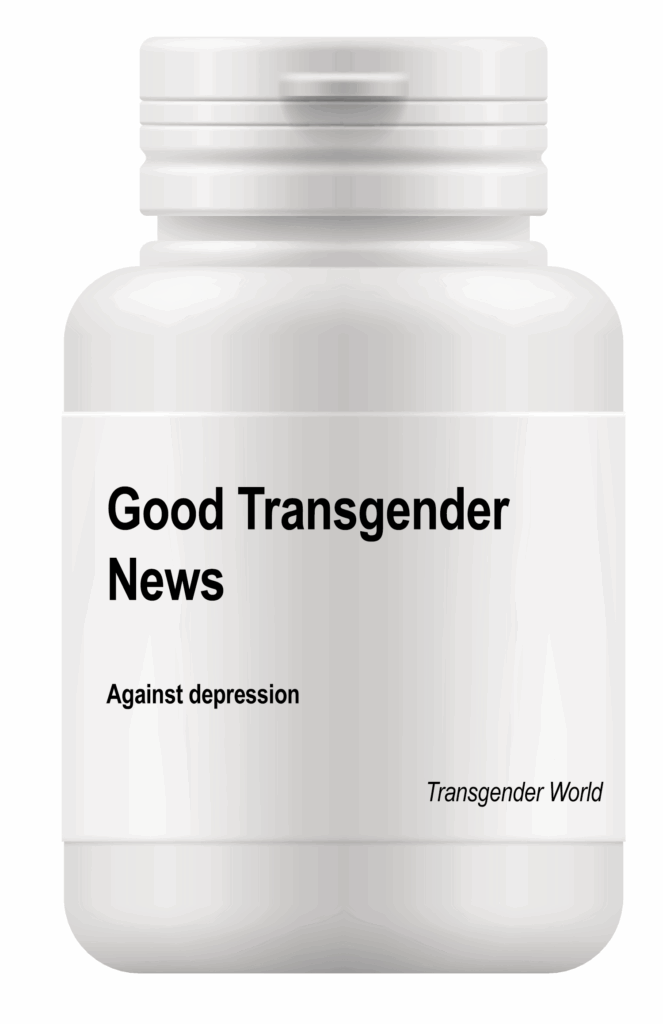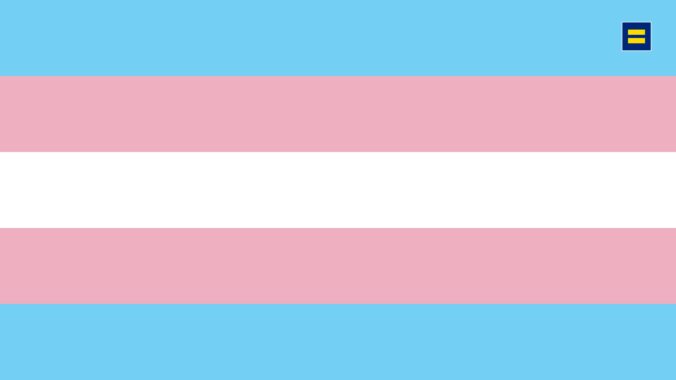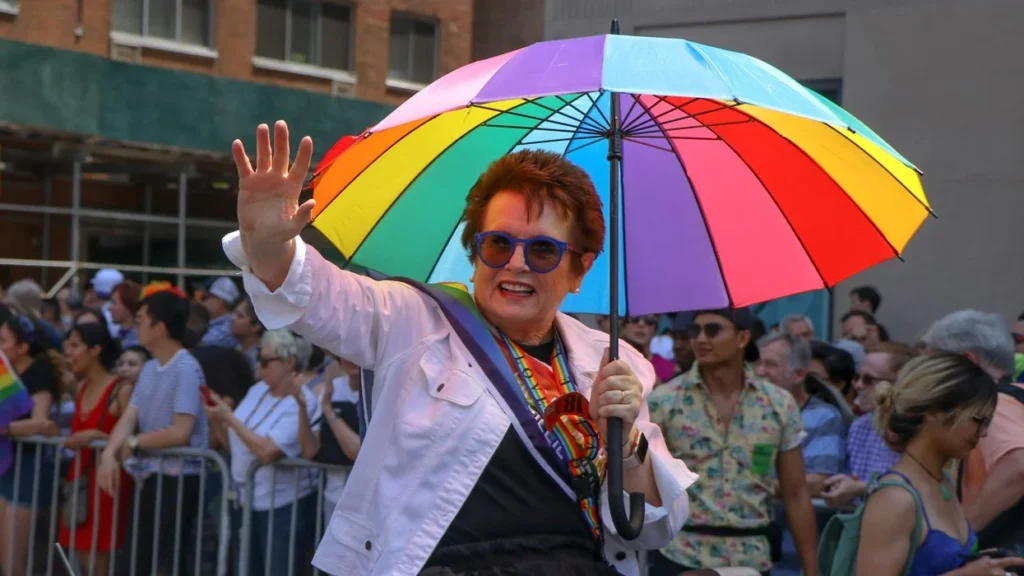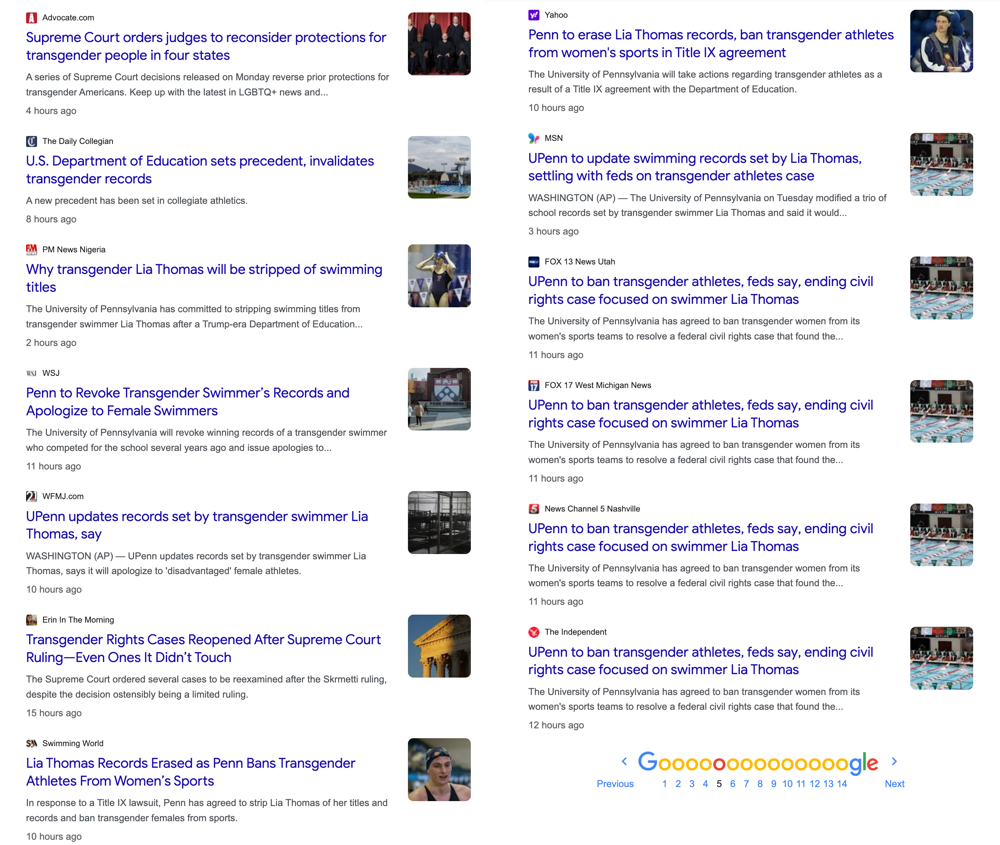French First Lady Brigitte Macron Takes Case Against YouTubers Who Accused Her Of Being Transgender To Top Appeals Court.
So being called trans is an insult? Transphobia on both sides, it seems. And no, Macron is not transgender.
In December 2021, the two women posted a video to YouTube in which they suggested that Macron was previously a man named Jean-Michel Trogneux, who, in actuality, is Macron’s brother.
Indiana: Transgender youth rally draws bipartisan support and push for civic action
Transgender woman imprisoned in Kentucky sues over state plan to end her hormone therapy
Greg Abbott adds anti-trans bathroom bill into Texas flood relief special session
Yes, The Trans Community Has A Rhetoric Problem. But The New York Times Is Wrong.
Judge orders release of transgender asylum seeker who was detained by ICE agents in Portland

ACLU of Kentucky lawsuit seeks to aid medically ‘deprived’ transgender people in prison
Missouri abortion ban would also restrict transgender care. It’s already illegal
Trans girl housed in male unit has jaw broken in fight at DC juvenile detention
‘Superwoke’ Superman is smashing box-office records, despite conservative complaints
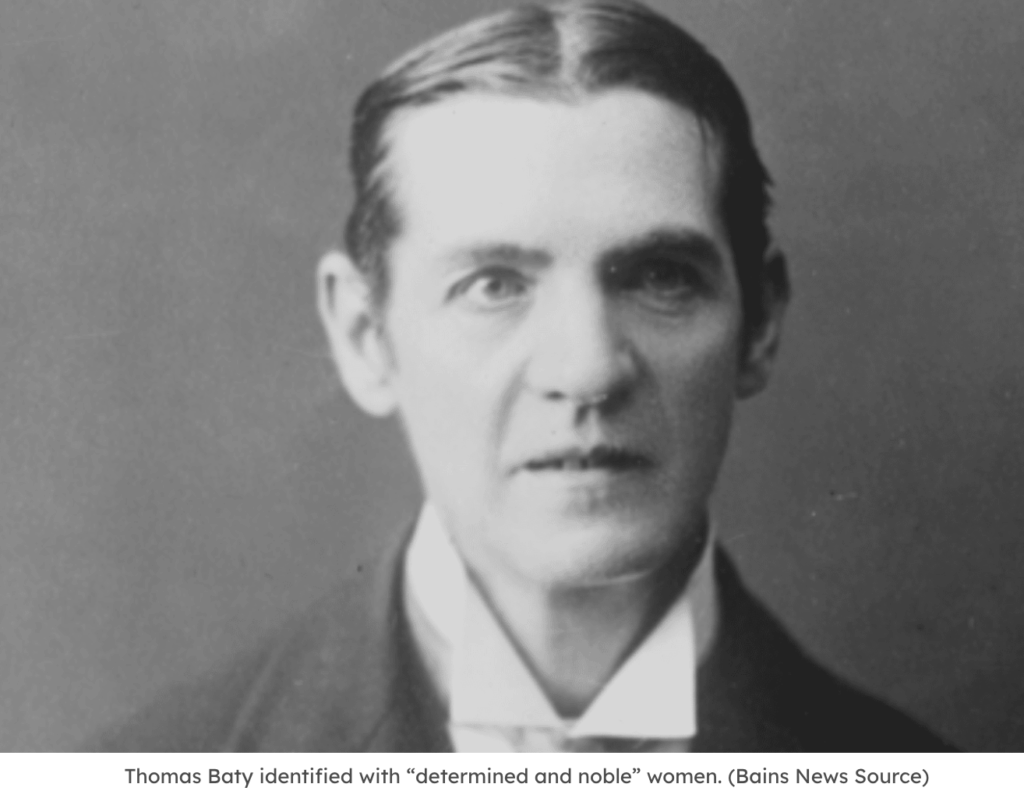
Eight incredible non-binary and gender non-conforming people from history you need to know about
Transgender Model Munroe Bergdorf Shares Her Journey from Cancellation to Comeback in New Documentary Love & Rage
Video
Is it demonic to say God’s gender is non-binary?
